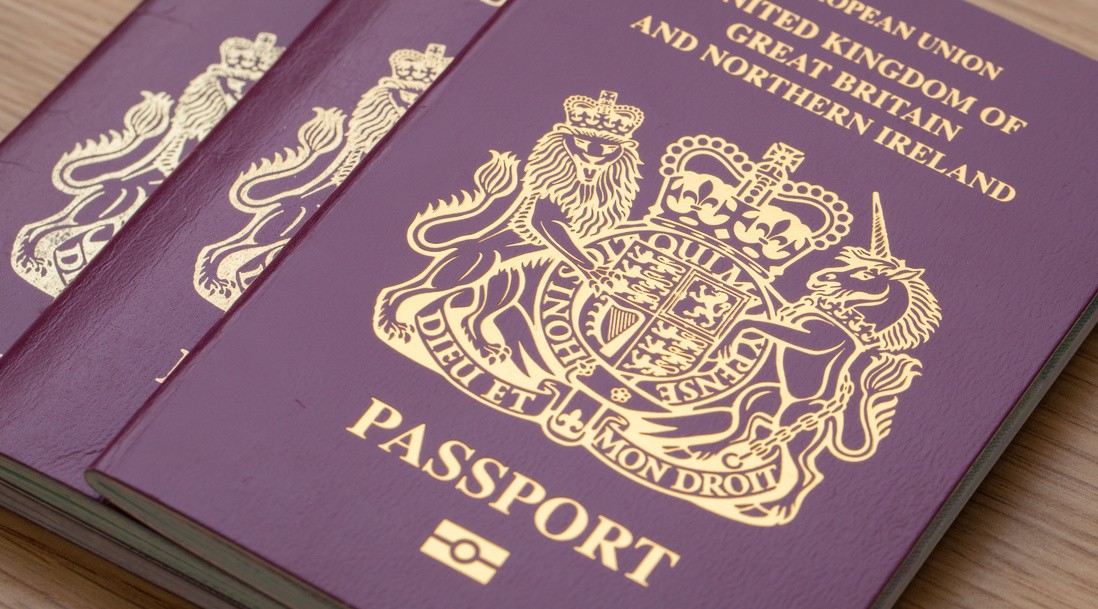Call now - 020 8215 1205
Call now - 020 8215 1205

You may wish to apply for British citizenship if you have lived or worked in the country for some time, or if you plan to remain in the UK on a long-term or permanent basis. British citizenship and nationality law is complex as are the processes to gain citizenship.
Naturalisation or registration to become a British citizen In 2019, 160,000 foreign nationals became British citizens through the process known as “naturalisation”. This is the most common way that adults apply for citizenship. For children under the age of 18, citizenship is gained from “registration”. Registration is also a route for adults to gain citizenship in certain circumstances. It applies to people who hold different forms of British nationality or have connections to the UK. Indefinite Leave to Remain (ILR) is different from British citizenship. ILR allows you to live and work in the UK. It’s also referred to as “settlement”. Once you’ve obtained ILR status, you are no longer subject to UK immigration controls – you can enter and exit the country whenever you like. Once you’ve achieved ILR or “settled status”, you can then apply for British citizenship. Routes for British citizenship from birth UK nationality can be acquired in the following ways when a child is born:
The rights you acquire from becoming a British citizen When you become a British citizen, you will receive a British passport and have the right to vote in elections. You will also be able to leave the UK, for as long as you wish, without losing what is known as the “right to return”. For those born before 1st January 1983 The British Nationality Act (1981) came into force on 1 January 1983. The Act introduced British citizenship into UK law. Before this, children born in the UK would acquire citizenship jus soli (a rule of law that gives the right of anyone born in a state to acquire its nationality). This means that a person born in the UK before 1 January 1983 is a British citizen regardless of their parents’ immigration status or nationality. From 1 January 1983, a child born in the UK only acquires British citizenship if one of their parents is a British citizen or is considered to be settled in the UK as a result of being granted indefinite leave to remain or permanent residence/ settled status. Do you need to apply for citizenship? You don’t need to apply for citizenship if you automatically became a British citizen when you were born. You might automatically be a British citizen if either:
The requirements for British citizenship In order to qualify for British citizenship, you need to ensure you are eligible and complete the application process. The eligibility criteria are:
How can I apply for British citizenship? The most common ways to apply for British citizenship are:
There are a few other less common exceptions to the above.
The process and application forms for applying for citizenship
British Citizenship Application Form is the primary documentation you will need to complete. Filling in the application and the time taken for a response will be speeded up if you have the necessary evidence required ready to begin:
If you have a complicated application you should look to getting advice from our expert immigration solicitors to help the success of your application.
We have extensive experience in successfully helping businesses and individuals apply for a wide range of UK visas. When you work with us, you will receive clear, practical and reliable advice to help you achieve your immigration goals.